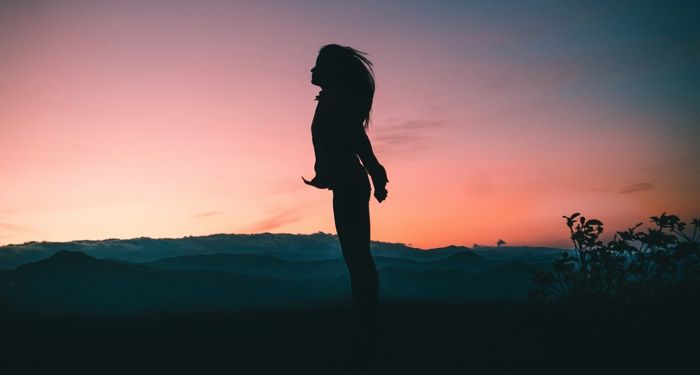
WONDER WOMAN Is Part of a 2017 Book Adaptation Trend
Perhaps you’ve noticed that a lot of us here at Book Riot have been awfully excited about the new Wonder Woman film. And there’s a lot to be excited about: the movie received rave reviews from critics and audiences, it’s the most tweeted movie of 2017 (which seems to be a good thing), and director Patty Jenkins had the biggest opening weekend box office take ever for a female director.
What you might not know is that that Diana’s biopic is actually part of a very cool 2017 trend. In an industry notorious for its bias in favor of men, it’s noteworthy that Wonder Woman isn’t the first mainstream book-to-film adaptation to be directed by a woman this year. In fact, not even halfway through the year, we’ve already seen a handful of book-related titles with women behind the cameras.
Here are four other noteworthy 2017 adaptations to check out, each with a female director and based on a book by a female author. You know, once you’ve seen Wonder Woman.
A United Kingdom
Directed by Amma Asante
Adapted from Colour Bar: The Triumph of Seretse Khama and His Nation by Susan Williams
Set in the 1940s and based on the true story of King Seretse Khama of Botswana and his marriage to a white British woman named Ruth Williams, A United Kingdom is as much a political film as it is a romantic one. Director Amma Asante does a nimble job of balancing a story in which love, race, loyalty, and politics intersect.
The Zookeeper’s Wife
Directed by Niki Caro
Adapted from The Zookeeper’s Wife by Diane Ackerman
The Zookeeper’s Wife is based on the heart-wrenching true story of Antonia and Jan Zabinski. As keepers of the Warsaw Zoo, the couple sheltered more than 300 people during the 1940s German occupation of Poland. Bringing to life a story that centers on human elements like fear, loyalty, courage, and evil – and which also has to include a bunch of zoo animals – seems challenging to say the least, but director Niki Caro somehow found the balance that works.
Their Finest
Directed by Lone Scherfig
Adapted from Their Finest Hour and a Half by Lissa Evans
Another World War II period film, Their Finest features an early 1940s effort by the English Ministry of Information to craft a compelling film to boost morale during some of the darkest days of the war. In addition to having a female director and screenwriter, Their Finest had an unusually high number of women involved in other aspects of production as well, and featured a story that focused in unique ways on the barriers and expectations women face in their lives and careers.
Everything, Everything
Directed by Stella Meghie
Adapted from Everything, Everything by Nicole Yoon
There’s an artistry in the book Everything, Everything that would make it tough to adapt, but director Stella Meghie brought her own unique take to the film. The movie is beautiful – from the light to the color and texture – and Meghie works to make the most of her leads’ chemistry by creating a unique kind of pseudo-physical space in a way that makes the most of the film medium.
All that and it’s only June. Let’s hope the second half of the year has just as much to offer readers and film-goers.








